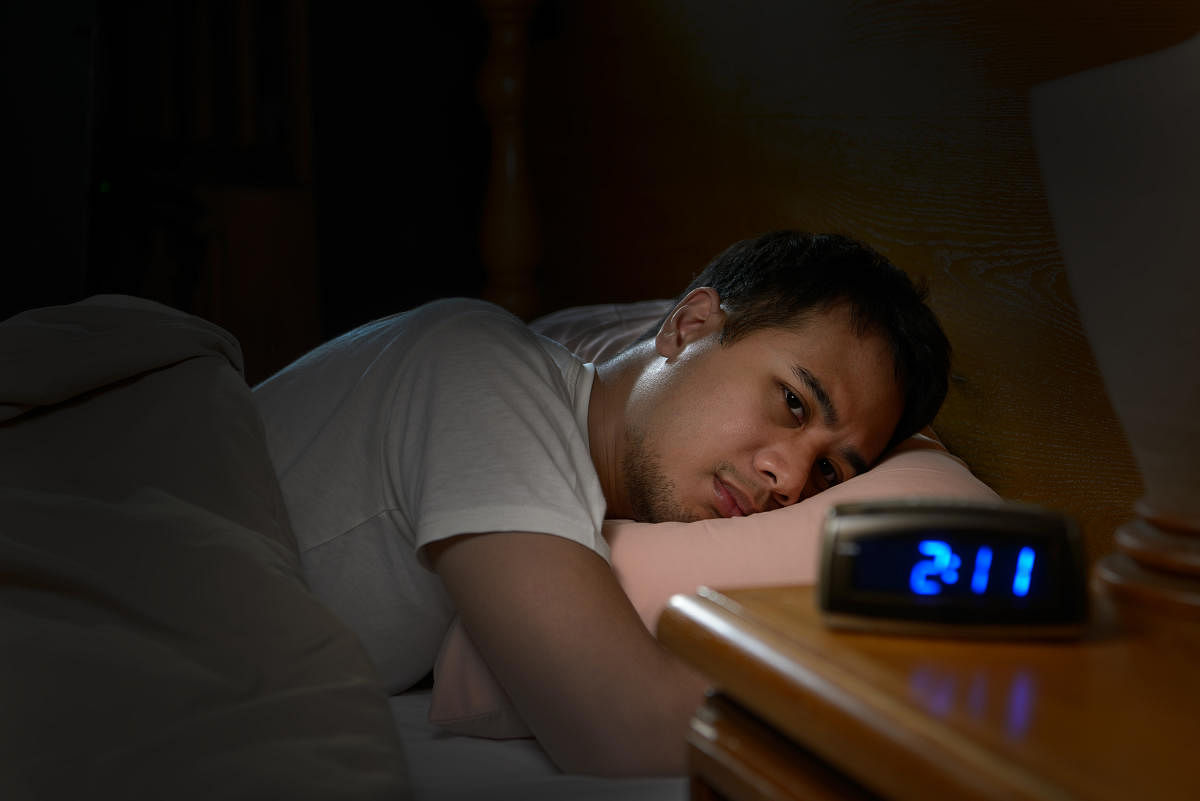Dozing off in the classroom, both in high schools and colleges, is not uncommon. One sure sign that a student is probably sleep-deprived is the need for an alarm clock to wake up in the morning. Most students these days have less than eight hours of sleep per night and are walking zombies, with their academic performance affected.
Parents cajole and drag their exhausted teens out of bed as most schools start early in the day. In Bengaluru, many schools begin their day around 8 am, which leaves many teenagers drowsy in the morning. Some doze off in class on a typical day. In colleges, late risers invariably arrive late for the first period.
Sleep is a basic biological need, just like food and drink. Sleep deprivation can cause several adverse effects on college students. Decreased attention span, reduction in learning capacity, fluctuation in emotions, memory consolidation and cognitive tasks such as problem-solving and critical reasoning get affected. In extreme cases, it can lead to a lack of motivation and loss of interest in academics.
Grumpiness and irritability from sleep deprivation cause behaviour problems at home and school. The most stimulating, interesting lectures are lost on sleep-deprived students and this is reflected in their terminal test papers and poor grades.
Sleep deficiency can interfere with students' performance as they take on more responsibilities such as internships, taking up projects and assignments, and in some instances even part-time jobs.
Students are forced to stay up late to fulfil their academic commitments. It is sometimes necessary to cut down on unessential and unfruitful activities.
In the past, reading a book or watching television before trying to go to sleep might have hampered sleep. Today’s teens are likely to be surfing the internet, texting, emailing, or playing video games right before bed. Electronic devices are more stimulating than simply watching television, and using them right before bed can result in difficulty getting to sleep.
Even if the students manage to fulfil the obligations of after-school classes and activities, tuition, homework by a reasonable hour, television, internet, videogames, phone calls and text messages to friends often keep them awake deep into the night. Late-night parties on weekends add to the sleep debt.
Rectifying sleep deficiency
Parents, counsellors, and to some extent, teachers can help teens to get the right amount of sleep.
Educating kids about the non-negotiability of sleep can be done either by parents or student counsellors. Teens need to understand that their bodies require at least eight to nine hours of sleep a day. Explain that even a brief spell of short sleep can make them irritable and cause minor ailments like giddiness, headache, and stomach upset.
Maintaining a regular sleep schedule is very important. Let kids stick to a regular bedtime on schooldays and avoid late nights during weekends and holidays. The body adjusts itself to a regular sleep schedule.
Two hours of extra sleep on Saturday and Sunday mornings can help. But sleeping until noon on the weekend can cause problems in the form of late sleeping. Instead, try maintaining a reasonable, regular sleeping and waking schedule.
Going to bed and waking up at the same time every day is very important. A bedtime routine that is relaxing, such as taking a warm shower or light reading or soft music also helps a lot. Keep the bedroom, dark, cool and quiet.
Let the children limit the use of electronic gadgets such as smartphones, computers, and video games, for several hours before going to sleep. Regular exercise is important, but let them not exercise late in the evening. Increased reliance on coffee, caffeinated drinks and energy drinks is bad. They make it harder to fall asleep.
Above all, parents should be an example. If they stay up late at night, teens are most likely to follow their example.
